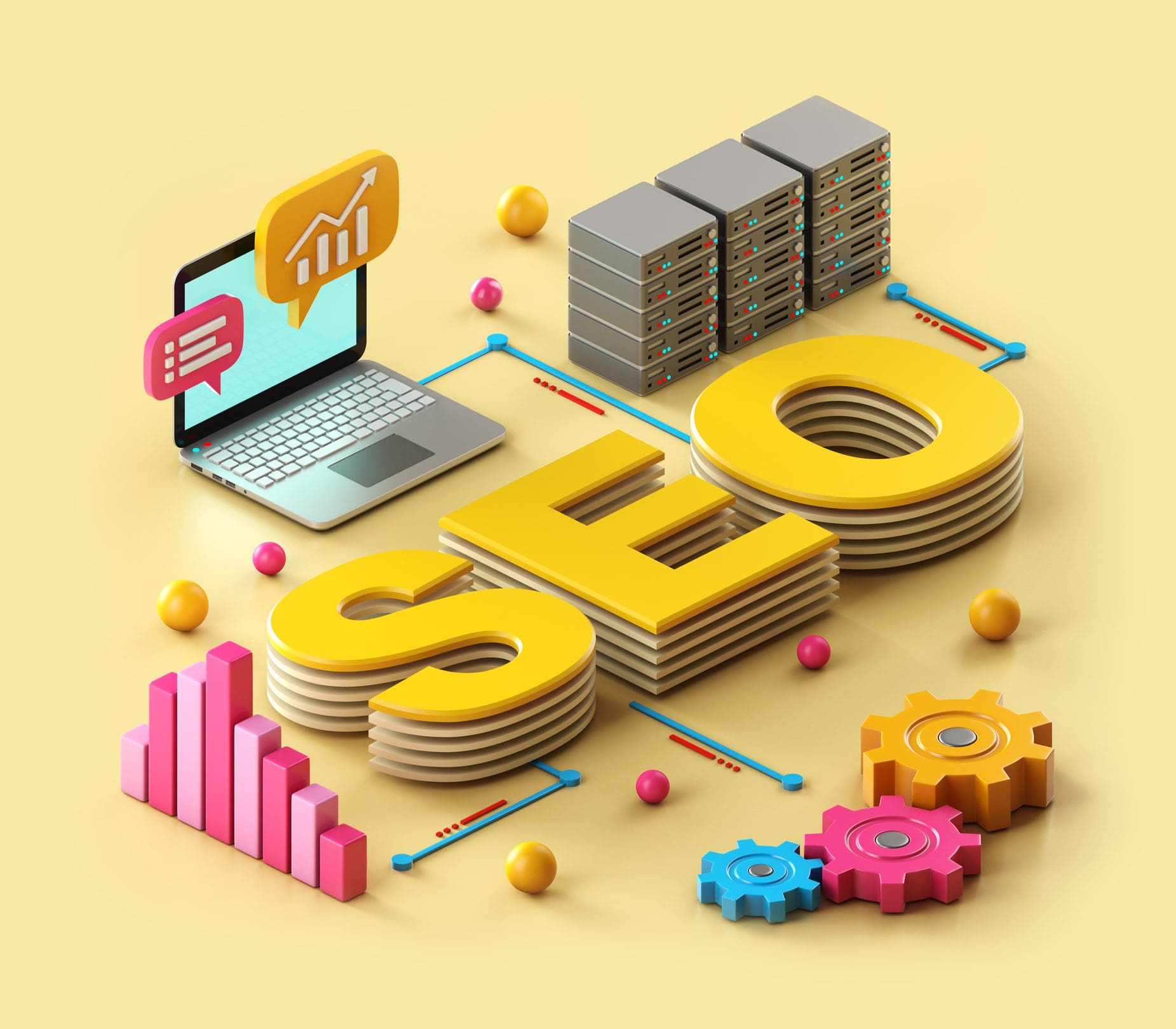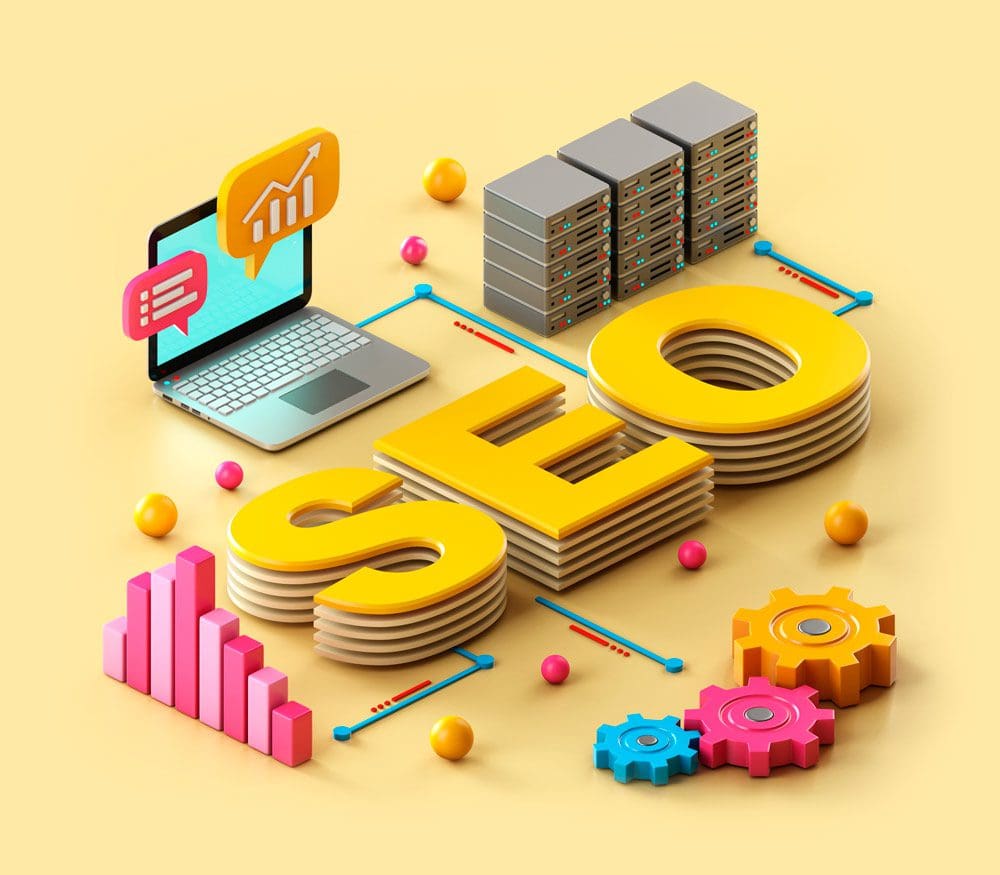Search engine optimisation (SEO) is a crucial component for companies and websites trying to increase their online presence in the realm of digital marketing, especially in New Zealand. Optimising your website’s on-page SEO and meta data is one of the best techniques to get higher positions in Google search results. This blog post will go through the value of meta information and on-page SEO in achieving higher Google rankings and offer practical advice for improving the functionality of your website.
Metadata and Its Importance
Information that aids search engines in comprehending a webpage’s content is referred to as meta data. It contains meta tags like header tags (H1, H2, etc.), meta descriptions, and title tags. These components are essential for improving your website’s SEO and assisting Google in properly indexing your content.
Title Tags
In search engine results pages (SERPs), title tags are the first thing users see and are crucial for generating clicks. They ought to be brief, informative, and pertinent to the information on your website. It is essential to incorporate your goal keywords in title tags since this tells Google that your content is pertinent to people’ search terms. For maximum display in SERPs, keep your title tags between 50 and 60 characters long.
Meta Descriptions
In SERPs, meta descriptions follow title tags and offer a succinct summary of the information on your webpage. They ought to be interesting and instructive so that users would visit your website. For improved rankings, make sure the meta description contains your target keywords. To ensure that your complete description appears in SERPs, aim for a length of 150–160 characters.
H1, H2, and other header tags
The use of header tags (H1, H2, H3, etc.) is crucial for segmenting your information into manageable chunks. They aid in the hierarchy and structure of your content’s organisation for both consumers and search engines. Header tags should contain your goal keywords, notably the H1 tag, which is the most significant heading on your page.
The Importance of On-Page SEO
On-page SEO is the process of optimising individual web pages to improve search engine rankings and draw in more targeted traffic. Numerous more elements, in addition to meta data, affect the on-page SEO of your website. In particular, pay attention to the following:
Keyword Research and Optimisation
On-page SEO is built on keyword research. For improved rankings, selecting pertinent keywords and effectively inserting them into your content are essential. Avoid cramming your content with keywords, as Google may penalise you for it. Instead, to increase the readability and relevance of your material, employ synonyms and long-tail variations.
URL Structure
For both consumers and search engines to understand the content of a webpage, a well-structured URL is essential. Keep your URLs brief, keyword-rich, and descriptive. This improves both user experience and Google’s ability to crawl and index your sites.
Mobile Responsiveness
Having a mobile-responsive website is crucial for higher rankings as mobile devices gain popularity in New Zealand. For the best user experience, make sure your website is optimised for all devices because Google gives mobile-friendly sites a higher ranking in search results.
Page Load Speed
Fast-loading websites are favoured by both users and search engines. A sluggish website can increase bounce rates and have a negative effect on your search engine results. Compressing images, utilising a content delivery network (CDN), and utilising browser caching can all help your website load faster.
Linking Internally and Externally
Internal linking is the practise of connecting different pages on your website. This makes it easier for consumers to navigate your website and makes it easier for search engines to crawl and index your pages. To improve user experience and disperse link equity across your site, strategically use internal connections between similar pages in your content.
On the other hand, external linking describes links that point to reliable and pertinent websites. This not only gives your material more authority, but it also shows search engines that your website is a useful resource. However, keep your external linking moderate and make sure the websites you link to are reputable and pertinent to your content.
Image Optimisation
The user experience and engagement on your site can be greatly improved by images. To enhance the functionality of your site, you must optimise them for SEO. Use keyword-rich alt tags and file names that are evocative of the content. This enhances accessibility for those with visual impairments as well as helps search engines understand the information of your photos.
Content Quality and Freshness
Better Google rankings depend on insightful, original content of the highest calibre. By consistently adding new content to your website, you can keep visitors interested while also demonstrating to search engines that your site is relevant and current. Concentrate on meeting the demands of your audience and offering insightful information; this will eventually result in better results and more traffic.
Schema Markup
A sort of structured data called schema markup aids search engines in comprehending your content and displaying rich snippets in SERPs. Using schema markup can boost your website’s visibility in search results and increase click-through rates. Choose the most pertinent sort of schema markup for your content from the list of available options, which includes local business, events, and reviews.
Final Thoughts
For your website to rank higher on Google, especially in the cutthroat New Zealand market, you must optimise your website’s meta data and on-page SEO. You may enhance your online presence, draw more targeted traffic, and eventually accelerate the growth of your company by concentrating on these essential components and continuously tracking your site’s performance.





